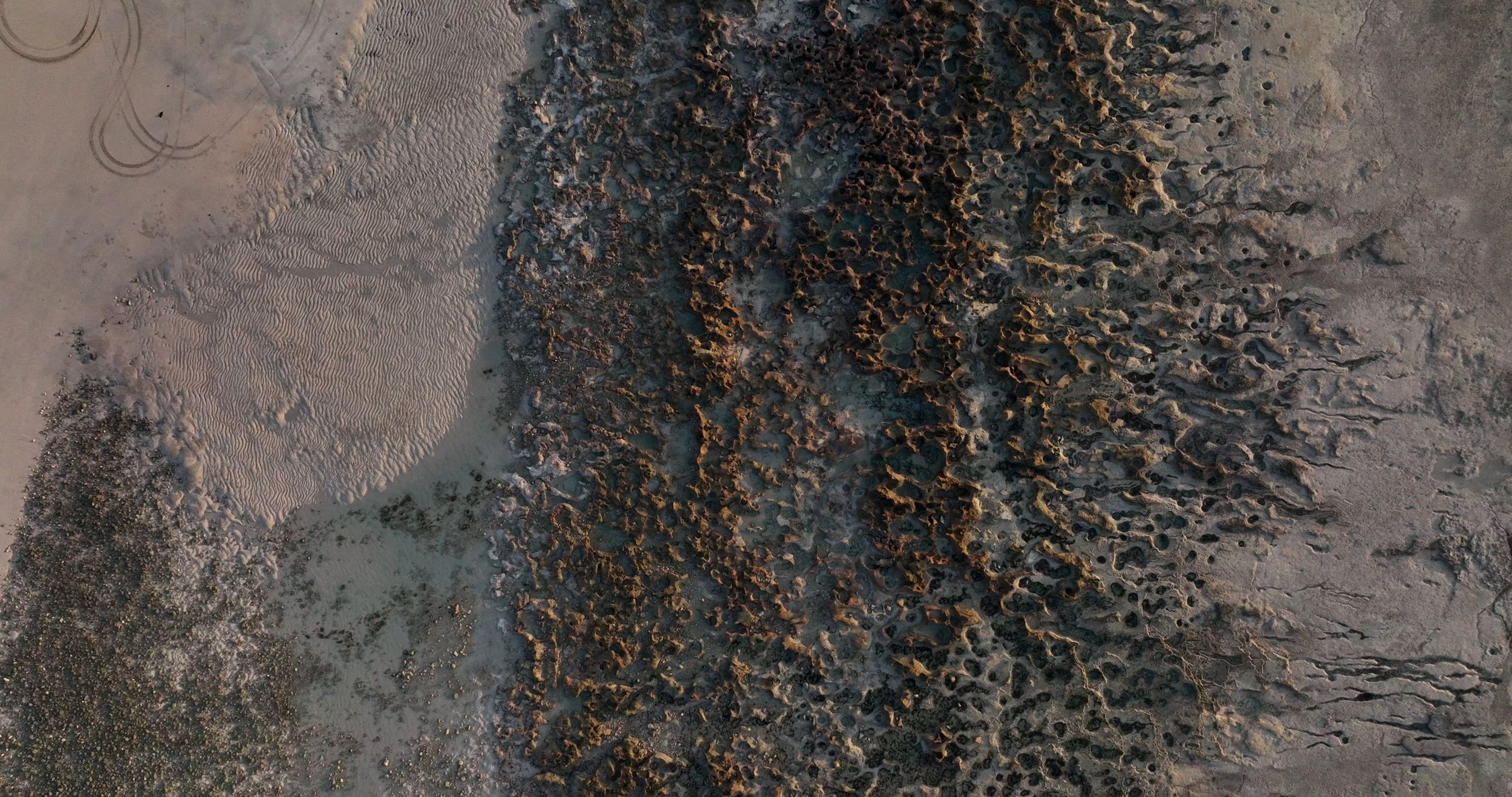
About Us
Mawal was founded to bridge the gap between the world’s oldest living culture and the modern world of capital and risk management. Our mission is to empower Indigenous communities by facilitating meaningful participation and ownership in projects on their lands. We come from a deep knowledge of Indigenous values and traditions, but we also understand the complexities of the modern economic landscape. By combining this cultural understanding with sound commercial practices, we create opportunities for sustainable development and long-term wealth creation.
Our Logo Symbol
Zebra Finches are revered in Indigenous culture as they help hunters find water, making them a symbol of value. Highly social and cooperative, Zebra Finches mate for life and are a symbol of lasting relationships, connection and community. Finally, these resilient little birds are known for their adaptability and thriving in diverse environments, much like how Mawal navigates the complexities of different markets and industries with agility and confidence.
The finches' vibrant presence and harmonious song also serve as a reminder of the vibrant, dynamic and positive impact Mawal strives to create in its community and industry.
Our Beliefs
Resilience ᐧ Stewardship ᐧ Empowerment ᐧ Heritage ᐧ Prosperity
At Mawal, we believe that for any culture to flourish, it must be able to harness capital and manage risks. For Indigenous Australia, this is not a new concept - it is the very essence of our existence. For over 65,000 years, our people have not just survived but thrived, guided by a profound understanding of how to steward resources, navigate shifting landscapes and assess risk. These practices are not merely traditions; they are the heartbeat of our resilience and the blueprint of our longevity.
In today’s rapidly evolving world, the ability to manage capital and risk is more crucial than ever. By embracing these principles, Indigenous communities can do more than just safeguard their heritage; they can boldly assert it on the global stage. This is not about departing from our traditions, but honouring them - using the very skills that have carried us through 65,000 years to carve out a powerful and prosperous future. It’s about taking control of our destiny, shaping it in a way that honours our past and propels our aspirations forward.
We also recognise that today’s project landscapes are more complex and slower to navigate than ever before. Mawal offers a unique strength in bridging this gap. We empower host communities to fully engage in project development, ensuring it becomes an authentic expression of cultural identity. The principles of resourcefulness and stewardship, which have defined Indigenous culture for millennia, are just as vital in the modern context of economic growth. It is through these values that we can foster sustainable development that respects and amplifies our voice.
Collaboration and Shared Value Creation
At Mawal, we recognise that empowering Indigenous communities to manage capital and risk not only strengthens these communities but also unlocks immense value for all stakeholders involved in projects across First Nations territories globally. By fostering genuine partnerships, we can overcome the complexities and delays often faced in project approvals and development.
For non-Indigenous proponents, this isn’t about competition—it’s about collaboration. Mawal’s approach enables projects to progress with greater certainty and alignment, tapping into the unique strengths and insights of Indigenous communities to create solutions that benefit everyone. Our mission is to cultivate partnerships where every party prospers, ensuring projects are delivered efficiently, sustainably, and with profound respect for cultural heritage.
Combining commercial expertise with a deep connection to enduring cultural values, Mawal uncovers hidden potential in projects, forging partnerships that uplift both Indigenous communities and project proponents. Beyond our commercial capabilities, we provide financing and capital where needed, ensuring that communities remain empowered to shape their own futures, as they have for generations.




